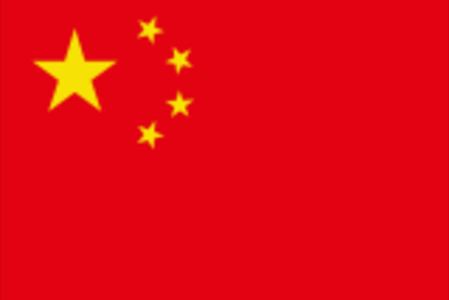The Chinese government released a new white paper on Tuesday detailing the country’s official position on Internet policy. Coming three months after the very public dispute with Google, which resulted in the shutdown of Google’s China-based portal, the paper offers a revealing look back on Chinese Internet history as well as where the country stands today.

Not surprisingly, China still supports the so-called “Great Firewall” approach to controlling and censoring Internet content, but it also oddly mentions Twitter as a favorable development for Chinese Internet citizens. Why is that odd? Because China routinely blocks Twitter, Facebook, YouTube and other social networking services from being accessible to Chinese citizens.
Lost in Translation: “Microblog” Doesn’t Mean Twitter in China
The Twitter mention, cited by a number of news agencies including the AP and The WSJ, appeared in the English language version of the document released on Tuesday. It appears to have been a translation error since the Chinese language document only touted “microblog” services, and did not specify Twitter specifically. (It also appears to have since been removed on the document hosted here.)
However, even without the direct Twitter shout-out, the sentence is still an intriguing look into the Chinese government’s thought process as it tries to simultaneously embrace the Internet and control it.
“The newly-emerging online services, including blog, microblog, video-sharing and social networking websites, are developing rapidly in China, and provide greater convenience for Chinese citizens to communicate online. Actively participating in online information communication and content creation, netizens have greatly enriched Internet information and content.”
Enjoy Social Networking*
In other words, the paper makes it seem as if the government is stating that social networking sites are good things for Chinese citizens, within reason. But to the Chinese government, “within reason” means (according to the document), nothing that subverts state power, undermines national unity, infringes upon honor and interests or incites ethnic hatred and secession. Also banned are terror-related and gambling sites, sites propagating heretical or superstitious ideas, sites spreading rumors or disrupting social order and sites featuring vulgar or adult material.
Although here in the West, China’s censorship policies go against our culture’s core values about freedom and expression, simply pulling out of China, as Google threatened to do, isn’t that easy for many Western-based businesses. As the paper states, there are now 384 million Chinese citizens online (as of the end of 2009), or 28.9% of the population – higher than the world average. Within five years, the government aims to increase that number to 45% of the population. That makes China an Internet powerhouse to either be dealt with by playing by its rules or ignored with great at cost to the bottom line.

















